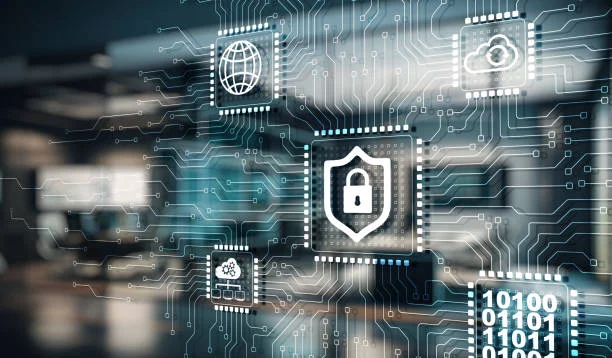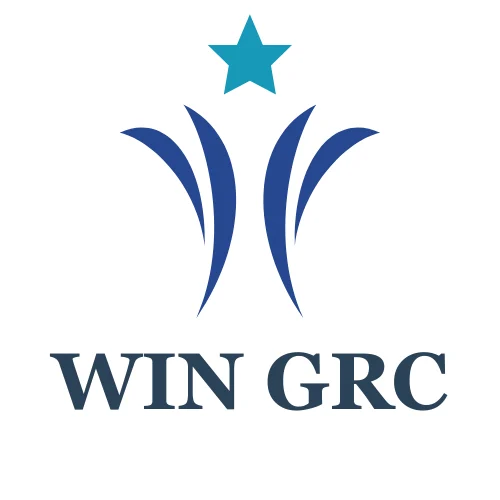Empower Sales Teams with Automated Security Questionnaire Responses
Empowering sales teams with automated security questionnaire responses can significantly enhance efficiency and accuracy. Platforms like Conveyor utilize AI to generate precise answers from internal and external sources, reducing time spent per question by up to 91% . Securequest streamlines the process, enabling teams to complete reviews in minutes, not hours . HyperComply integrates with tools like Slack and Teams, allowing teams to respond in as little as one day . By automating repetitive tasks, these solutions free up valuable time, reduce burnout, and accelerate deal closures.

Intelligence-augmented
Relationship-Focused
5 Free Questionnaires
Understanding Security Questionnaires
Security questionnaires are a set of questionnaires aimed at identifying and mitigating potential across different areas of physical or digital security. Think of a security questionnaire as a “first line of defense,” identifying problem areas before they become the source of a Assessment questionnaires have become a critical component in any robust cybersecurity strategy, with many benefits.
The rise of supply chain attacks highlighted the limitations of conventional cybersecurity approaches when it comes to managing vendor-related security risks, which led to the popularization of Vendor Risk Management – a category of cybersecurity explicitly focused on the ongoing management of third-party security risks highlighted the limitations of conventional cybersecurity approaches when it comes to managing vendor-related security risks, which lead the popularization of Vendor Risk Management a category of cybersecurity explicitly focused on the ongoing management of third-party security risks.
Vendor Risk Management. VRM integrates security questionnaires into its risk assessment workflow for the evaluation of multiple vendor risk categories, including third-party web application security risks. Security questionnaires can also map to industry frameworks, such as NIST, ISO27001and SIG Lite or regulations, such as HIPAA, GDPR and CCPA standards that could naturally result in improved web application security when they’re adhered to.
Scale Security Questionnaires
Increase Deal Velocity
Receive and respond to security questionnaires quickly with automated question extraction and integrations with your technology ecosystem—helping your sales team close deals faster.
Reduce Manual Work
Eliminate the hours spent gathering data and coordinating between security, legal, and sales. Leverage AI to automatically generate responses to lengthy security questionnaires. Instead of answering repetitive questions, your team can finally focus on selling, building products, and enhancing security.
Collaborate Easily With Unified Experience
AI Questionnaire Assistance (AIQA) pulls data directly from your Drata instance and makes collaboration easy, consolidating compliance and security data into one unified source of truth for efficient and accurate responses, eliminating the need to access multiple systems or teams for answers.

Create
Objective: Determine whether the questionnaire aims to assess vendor security, internal practices, or compliance with specific regulations.
Scope: Decide which areas of security the questionnaire will cover, such as data protection, access control, incident response, and compliance standards.
Collect
Purpose: Clearly articulate the reasons for collecting the questionnaire, such as assessing compliance, evaluating security posture, or identifying potential risks.
Scope: Determine which vendors require the questionnaire and identify the specific areas of security to be assessed (e.g., data protection, incident response, compliance).
Curate
Objective: Determine the purpose of the questionnaire—whether it’s for vendor risk assessment, internal audits, or compliance verification.
Scope: Decide which areas of security to cover, such as data protection, access control, incident response, and compliance with standards like ISO 27001, SOC 2, or GDPR.
Difference Between Security Concerns & Security Measures
Security Concerns
Data Privacy
Ensuring that sensitive information is not exposed or misused.
Compliance
Meeting regulatory requirements such as GDPR, HIPAA, or SOC 2.
Access Control
Managing who can use AI tools and what data they can access.
Auditability
Tracking and reviewing AI interactions for accountability.
Integration
Incorporating AI into existing security infrastructures.
Security Measures
Data Privacy
OpenAI does not use customer data to train models unless explicitly permitted.
Compliance
The platform adheres to various regulatory standards, including SOC 2.
Access Control
Features like Single Sign-On (SSO) and role-based access control are implemented.
Auditability
Tools are provided to monitor and log AI interactions.
Integration
APIs and enterprise solutions are available for seamless integration into existing systems.
